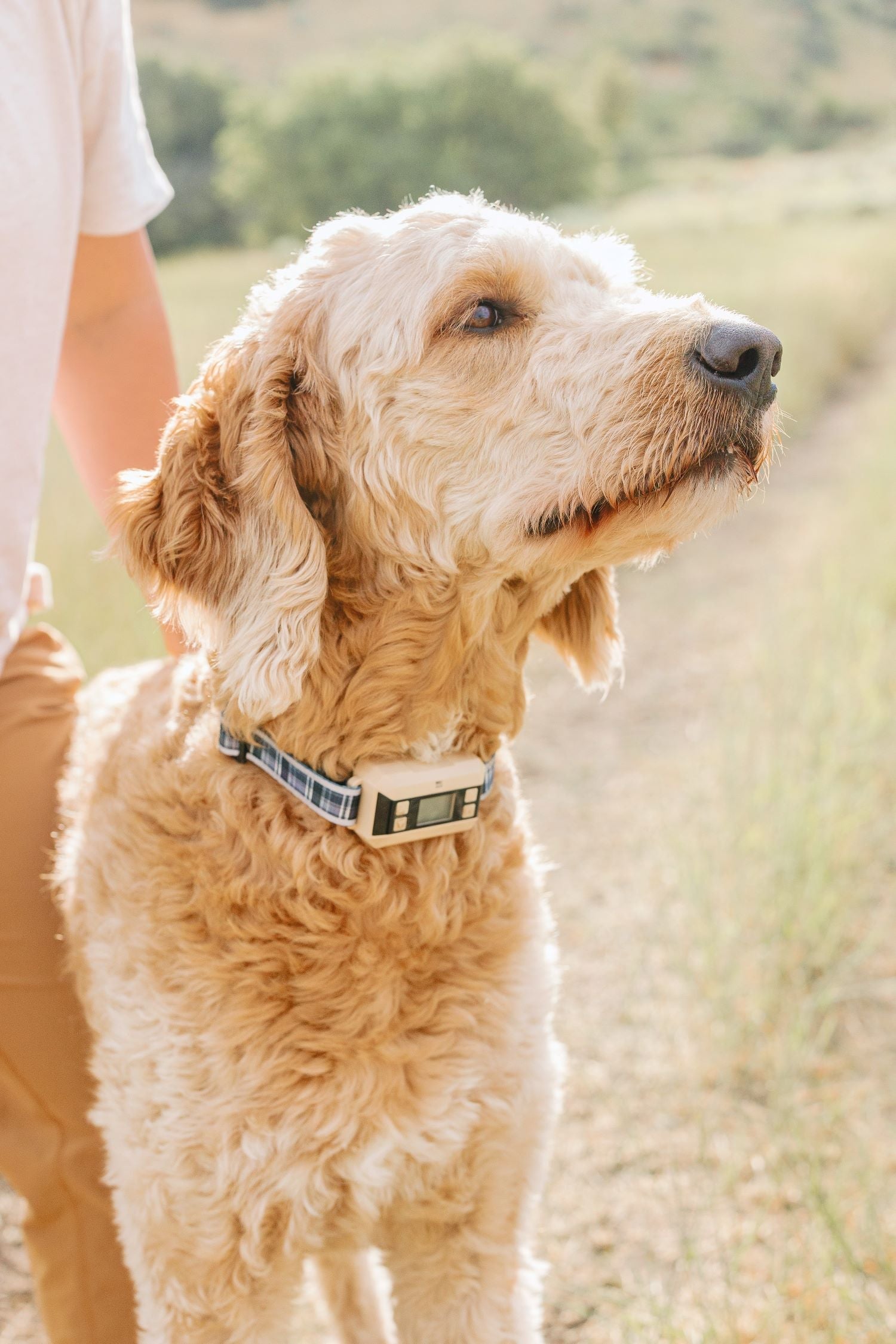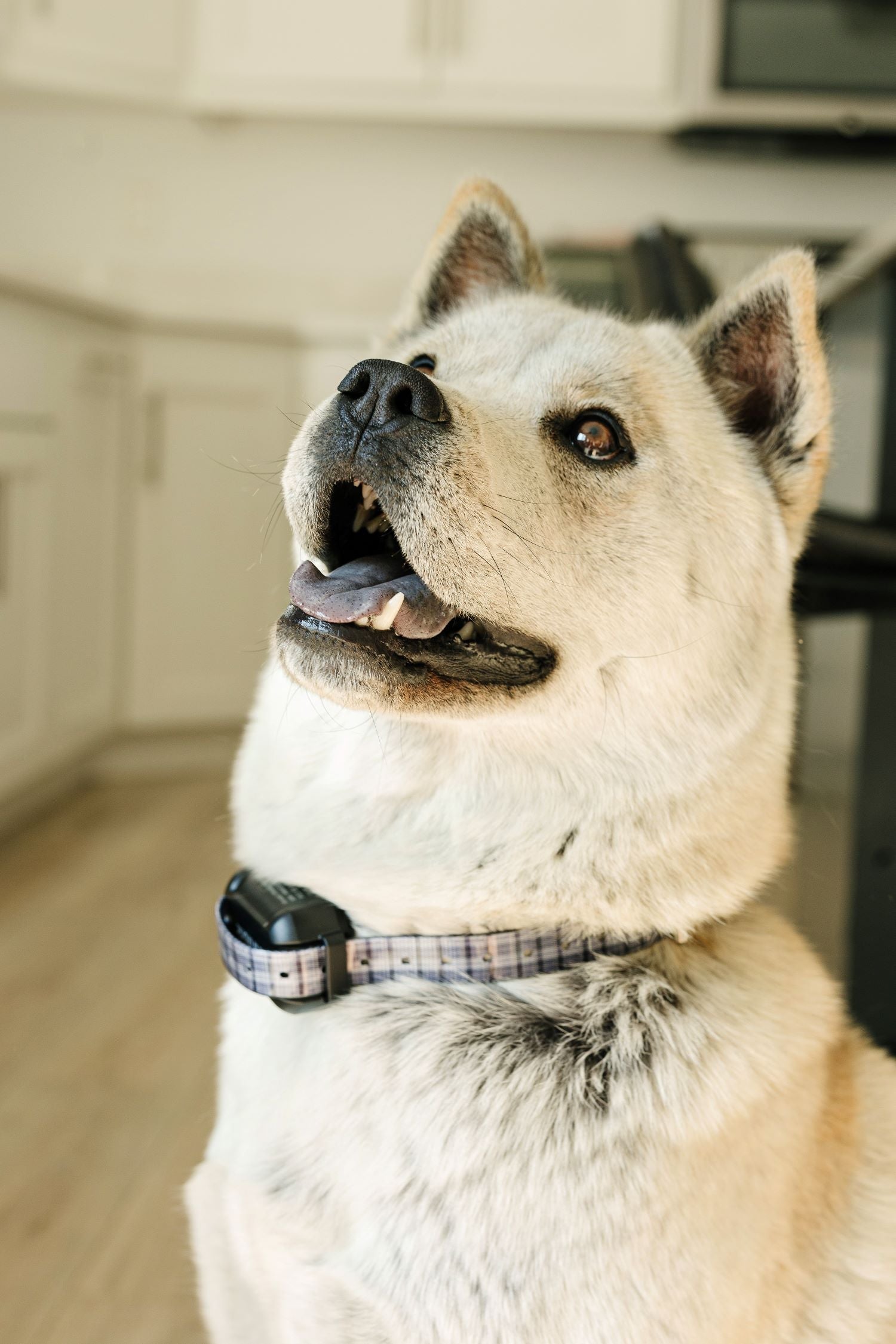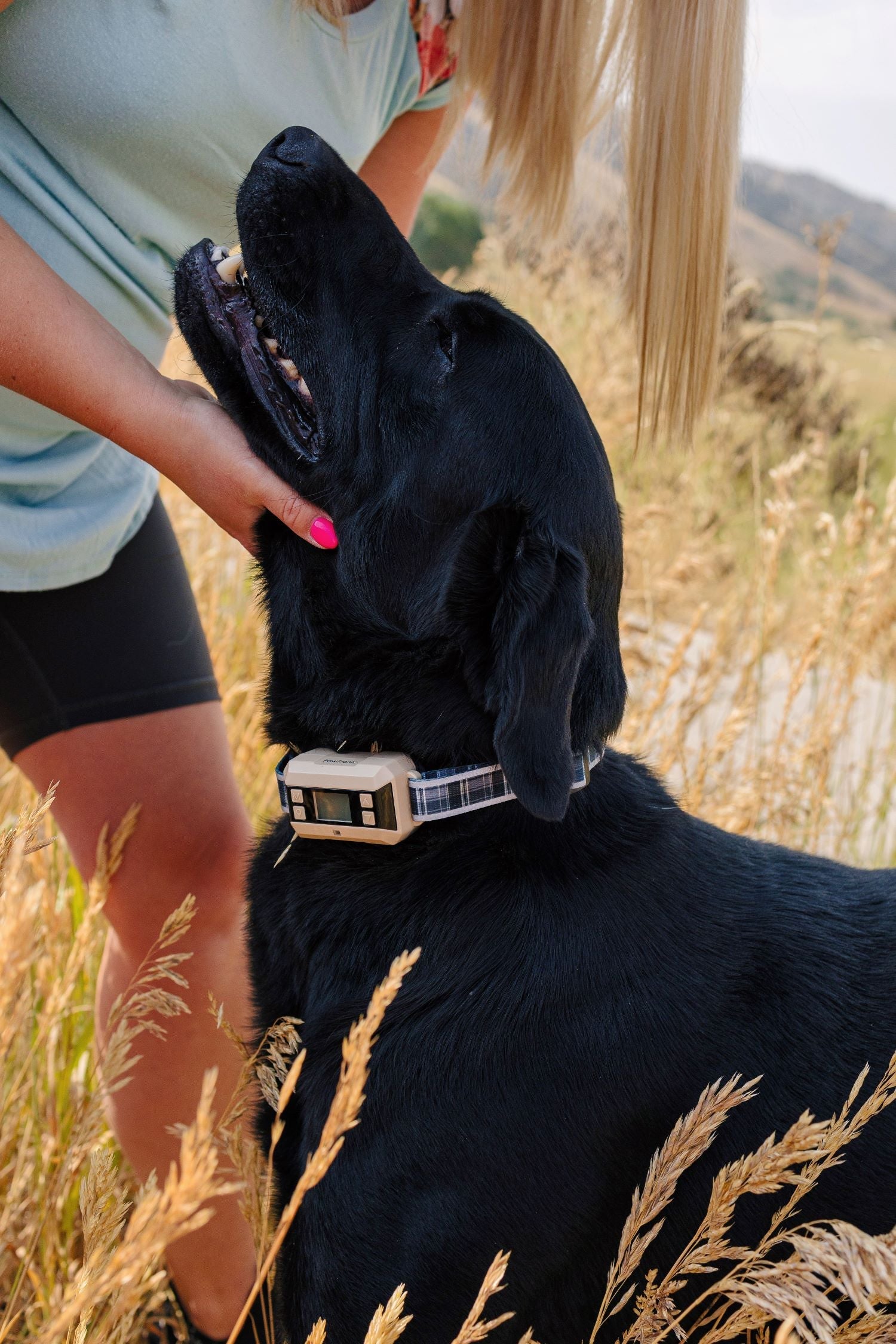Importance of Socialization for Dogs: Benefits and Tips
Socialization plays an important role in a dog’s life, influencing their behavior, well-being, and overall happiness. It includes introducing dogs to different experiences, environments, and interactions, helping them build important social skills and adaptability.
In this article, we’ll take a look at why socialization is important for dogs and discuss all the wonderful benefits it brings. We’re excited to share some helpful tips for successful socialization, keeping in mind both puppies and adult dogs! Additionally, we will showcase the Pawtronic GPS Dog Fence—a well-regarded organization focused on dog socialization, all while ensuring they stay within safe boundaries. By recognizing how important socialization is and using some great techniques, you can help your furry friend become a well-adjusted and socially confident companion.
Understanding Socialization
A. Definition of Socialization for Dogs
Socialization for dogs is all about introducing them to different experiences, environments, and interactions to help them build their social skills and behavior. It includes helping dogs meet various stimuli, like people, animals, sounds, and objects, in a cheerful and controlled way. By doing so, dogs get to explore and adjust to their surroundings, helping them interact with confidence and in a friendly way.
B. Critical Periods for Socialization in Dogs
At certain developmental stages called critical periods, dogs are especially open to socialization experiences. These periods usually happen in their early life, beginning at about 3 weeks of age and lasting until they reach 14-16 weeks old. During these important times, dogs are especially receptive to learning and building positive connections, so it's a great opportunity to introduce them to various stimuli and experiences.
C. The Influence of Socialization on a Dog’s Behavior
Socializing your dog is really important for helping them develop good behavior and a friendly temperament. Dogs that get enough socialization usually show better social skills, less fear and anxiety, and more confidence in different situations. They tend to have friendly interactions with other dogs and humans, making them great companions. On the other hand, dogs that haven't had enough socialization might experience fear, aggression, and some behavioral challenges.
Grasping the idea of socialization, the important phases it includes, and how it influences a dog’s behavior is key to using effective socialization methods. Giving dogs the right socialization experiences helps us build a strong foundation for their happiness and makes it easier for them to fit into our communities.
Why is Socialization Important?
Socializing puppies is a great way to help them build essential social skills and avoid issues like fearfulness, aggression, and anxiety. Introducing puppies to new people, places, and experiences early on helps them feel at ease and happy in various settings. This is really important for helping to prevent fear-based behaviors, like being afraid of strangers or other dogs.
Also, socialization helps a puppy learn how to communicate and interact well with other dogs and people. It helps them learn the right ways to play, understand body language, and respect boundaries, all of which are important for building great relationships with both their furry friends and human buddies.
Helpful Hints for Content Dog Socialization
1. BEGIN EARLY: Start socializing your puppy as early as you can, preferably during the important socialization window between 3 and 14 weeks old. Keep socializing your puppy throughout their life to help reinforce those positive behaviors!
2. GRADUALLY INTRODUCE THEM: Gently expose your puppy to new experiences in a controlled and gradual way. Begin with places they know well and slowly introduce them to new locations, different people, and various animals.
3. POSITIVE REINFORCEMENT: Utilize positive reinforcement methods like treats, praise, and toys to reward your puppy for showing calm and confident behavior during socialization experiences. This allows them to connect new experiences with happy results.
4. MIX IT UP: Introduce your dog to a range of experiences, such as various places (like parks, beaches, and city streets), people of different ages and looks, friendly dogs of all shapes and sizes, and everyday items (like the vacuum cleaner and doorbell).
5. SAFETY FIRST: Make sure your puppy stays safe during socialization outings by keeping them on a leash and closely watching their interactions with other dogs and new environments. Try to steer clear of situations that might lead to fear or stress.
6. SIGN UP FOR PUPPY CLASSES: Puppy obedience classes or socialization groups offer a fun setting where puppies can develop important social skills with the help of knowledgeable trainers. These classes provide a chance for fun and safe interactions with other puppies in a friendly environment.
7. REGULAR EXPOSURE: Incorporate socialization into your puppy’s daily routine. Enjoy daily walks with them, invite friends and family to meet your puppy, and set up playdates with other vaccinated and sociable dogs.
Techniques for Socializing Dogs
Early Socialization:
Getting puppies and young dogs socialized early on is super important since they are more open to new experiences during this fun stage of growth. There are some great techniques for early socialization, like introducing puppies to a variety of environments, including parks, streets, and different indoor spaces. Show them a variety of people, such as kids, grown-ups, and those in hats or uniforms. Promote enjoyable interactions with various animals, such as cheerful dogs, cats, and small pets. Introduce puppies to various sounds and stimuli, like vacuum cleaners, car horns, and doorbells, to help them get used to the everyday noises they might hear.
Socializing Adult Dogs
Socializing adult dogs can take a bit more patience and care, but it's definitely possible to help them build their social skills! Begin by slowly helping them get used to new places and experiences, while keeping the atmosphere relaxed and cheerful. Having controlled interactions with other dogs and people, along with proper introductions and positive reinforcement, can really help adult dogs learn the right behaviors. Also, taking part in obedience training and giving rewards for good behaviors during socialization sessions can really help strengthen those positive social interactions.
The Risks of Not Socializing Your Puppy:
Not socializing your puppy can have lasting effects down the road. Dogs that haven't had much socialization might show signs of fear, anxiety, or even aggression when they encounter new people, animals, or situations. They might find it a bit tough to adjust to new places, which can make traveling or doing daily activities a little challenging. If you don't make socialization a priority, you might be missing out on giving your dog the best quality of life and could encounter some behavioral issues later on.
Get in touch with Pawtronic:
At Pawtronic GPS Fence, we totally get how important socialization is for your puppy’s happiness and health. Our products create a positive environment for your dog's socialization by ensuring safe invisible boundaries. Check out our collection today and help your puppy get the best start in life!




Leave a comment
This site is protected by hCaptcha and the hCaptcha Privacy Policy and Terms of Service apply.